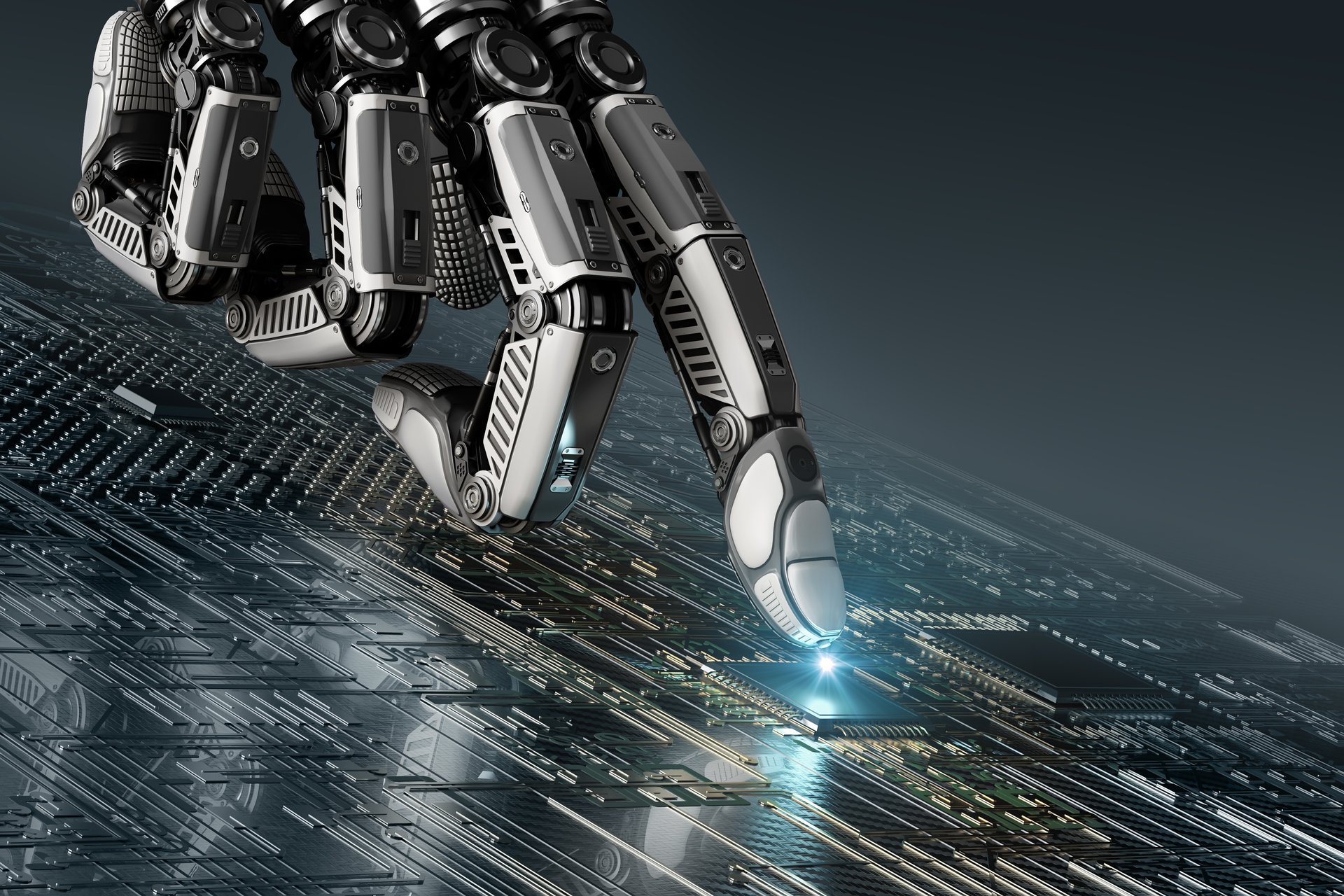
Within the next five to 10 years, automation could wipe out more jobs in the U.S. than the Great Recession did.
About 10 million jobs are at high risk of being automated in that time frame, according to new research by CB Insights.
The analytics firm examined 25 million jobs across seven industries to determine which were at highest risk of automation. Industries in which large-scale automation is already a reality — such as heavy manufacturing and agribusiness — were excluded.
The three industries in which workers are considered to be at “high” risk of automation are:
- Cooks and servers (4.3 million workers)
- Janitors, cleaners and housekeepers (3.8 million)
- Movers and warehouse workers (2.4 million)
The other industries that CB Insights examined are:
- Retail salespersons (4.6 million): Considered to be at “medium” risk of automation
- Nurses and health aides (6.9 million): “Low” risk
- Truck drivers (1.8 million): “Low” risk
- Construction laborers (1.2 million): “Low” risk
To determine which jobs were most at risk, CB Insights looked at several factors, including key tasks involved in a job and current commercial deployment of technology. The research also identified several white-collar jobs that are beginning to be automated. They include:
- Lawyers
- Wealth managers and financial planners
- News and media
- Software developers
We’ve previously looked at this issue in the story “5 Ways to Outsmart the Robots That Are Stealing Our Jobs.” As that story stated.
“The danger is not just from assembly-line machines performing tasks humans have done, like stamping out plastic tableware or flipping hamburgers. Smart software and automated processes are handling tasks that until recently it seemed only a human could do, including writing articles like this one. (Already, CNN says, computers are writing news reports about corporate earnings and sports events.)”
As that article goes on to explain, however, it’s too soon to tell how artificial intelligence will affect many jobs and fields.
If you’re worried about your own job, know that it may be as likely you will one day work alongside a robot as be replaced by one. CB Insights explains:
“The majority of AI applications today still require humans in the loop. For many blue- and white-collar jobs at risk, this means employers will still need hands on deck — just fewer of them.”
How do you feel about automation’s continued encroachment on positions that have traditionally been filled by humans? Sound off by commenting below or on our Facebook page.




Add a Comment
Our Policy: We welcome relevant and respectful comments in order to foster healthy and informative discussions. All other comments may be removed. Comments with links are automatically held for moderation.